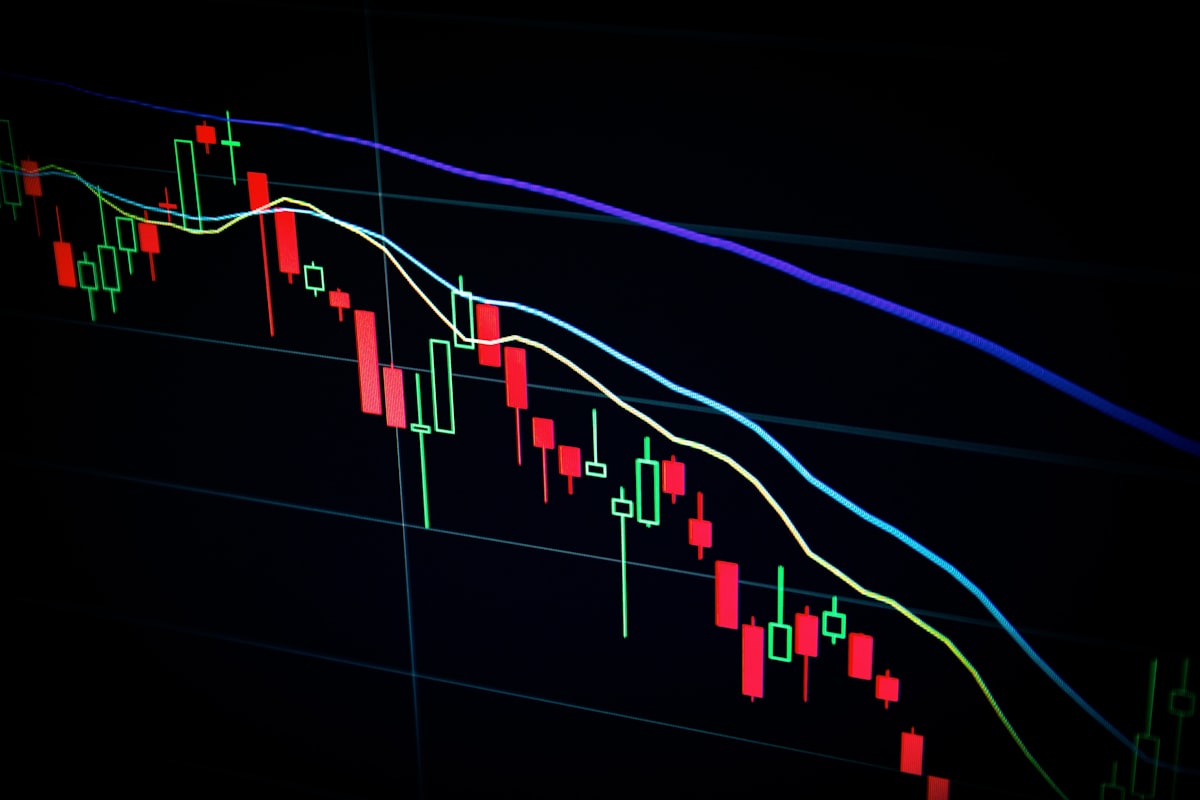📚 Table of Contents
Introduction
What does it take to be among the top quant funds in 2026? The world of quantitative finance is evolving rapidly, with firms leveraging cutting-edge technology, artificial intelligence, and vast datasets to gain an edge in the markets. As we look ahead, certain names continue to dominate due to their innovative strategies, consistent performance, and ability to adapt to changing market conditions. This article dives deep into the elite quant funds expected to lead the industry in 2026, exploring their methodologies, key strengths, and what sets them apart.
Renaissance Technologies
Founded by mathematician Jim Simons, Renaissance Technologies remains a titan in the quant fund space. Known for its Medallion Fund, which boasts some of the highest returns in hedge fund history, Renaissance relies on complex mathematical models and machine learning to identify market inefficiencies. The firm’s secretive nature and proprietary algorithms make it a standout. By 2026, Renaissance is expected to further refine its models, incorporating quantum computing and advanced AI to maintain its competitive edge. Their focus on statistical arbitrage and pattern recognition ensures they stay ahead of the curve.
Two Sigma
Two Sigma has built its reputation on data-driven decision-making and a culture of innovation. With over $60 billion in assets under management, the firm employs machine learning, natural language processing, and distributed computing to analyze vast amounts of data. Two Sigma’s strength lies in its ability to adapt quickly to market shifts, making it a formidable player in 2026. Their flagship funds, like the Spectrum Fund, leverage alternative data sources—ranging from satellite imagery to social media sentiment—to generate alpha. Expect Two Sigma to push boundaries further with advancements in reinforcement learning and predictive analytics.
Citadel
Citadel, led by billionaire Ken Griffin, is not just a quant fund but a diversified financial powerhouse. Its quantitative strategies, managed by Citadel’s Global Fixed Income and Equities divisions, rely on high-frequency trading and statistical arbitrage. Citadel’s ability to scale its operations globally and its deep liquidity pools give it a unique advantage. By 2026, Citadel is likely to expand its AI-driven trading systems, integrating real-time data feeds and blockchain analytics to enhance execution speed and accuracy. The firm’s risk management framework is another key differentiator, ensuring resilience in volatile markets.
D.E. Shaw
D.E. Shaw combines quantitative research with fundamental analysis, setting it apart from pure-play quant funds. Founded by computer scientist David E. Shaw, the firm is known for its systematic trading strategies and pioneering work in computational finance. D.E. Shaw’s Composite Fund has consistently delivered strong returns by blending machine learning with macroeconomic insights. Looking ahead to 2026, the firm is expected to deepen its investments in quantum algorithms and alternative data integration. Their interdisciplinary approach—merging finance, computer science, and physics—ensures they remain at the forefront of innovation.
AQR Capital
AQR Capital stands out for its factor-based investing and academic rigor. Co-founded by Cliff Asness, the firm applies insights from financial research to build systematic strategies. AQR’s funds, such as the AQR Style Premia Fund, focus on value, momentum, and carry trades. By 2026, AQR is likely to refine its multi-factor models, incorporating ESG (Environmental, Social, and Governance) metrics into its quantitative frameworks. The firm’s commitment to transparency and low-cost investing makes it a favorite among institutional investors. Expect AQR to continue challenging traditional asset management paradigms with data-driven solutions.
Point72
Point72, the successor to Steve Cohen’s SAC Capital, has aggressively expanded its quantitative capabilities in recent years. The firm’s Cubist Systematic Strategies unit employs AI and machine learning to drive its trading decisions. Point72’s edge lies in its hybrid approach, combining discretionary insights with quantitative models. By 2026, the firm is expected to further integrate alternative data and neural networks into its strategies. Their focus on short-term trading and market-neutral positions ensures agility in fast-moving markets. Point72’s deep pockets and talent pool position it as a key player in the quant space.
Jane Street
Jane Street is a leader in ETF market-making and high-frequency trading. The firm’s quantitative strategies are built on robust execution algorithms and real-time risk management. Jane Street’s culture of collaboration and continuous learning fosters innovation. By 2026, the firm is likely to enhance its automated trading systems, leveraging advancements in FPGA (Field-Programmable Gate Array) technology for ultra-low latency execution. Their expertise in liquidity provision and arbitrage ensures they remain a dominant force in global markets. Jane Street’s ability to solve complex trading problems with elegant quantitative solutions sets it apart.
Millennium Management
Millennium Management, led by Izzy Englander, operates as a multi-strategy hedge fund with a strong quantitative arm. The firm’s systematic trading teams employ statistical arbitrage, trend-following, and machine learning models. Millennium’s decentralized structure allows its teams to specialize in niche strategies while sharing risk management best practices. By 2026, the firm is expected to expand its quant offerings, particularly in crypto and decentralized finance (DeFi). Millennium’s ability to attract top talent and its performance-driven culture ensure its continued success in the evolving quant landscape.
Conclusion
The top quant funds in 2026 will be those that embrace technological innovation, data diversity, and adaptive strategies. Firms like Renaissance Technologies, Two Sigma, and Citadel are poised to lead, thanks to their relentless pursuit of alpha through advanced algorithms and cutting-edge research. Whether through AI-driven trading, quantum computing, or alternative data integration, these quant funds are shaping the future of finance. Investors looking for high-performance, data-centric strategies should keep a close eye on these industry leaders.


Leave a Reply